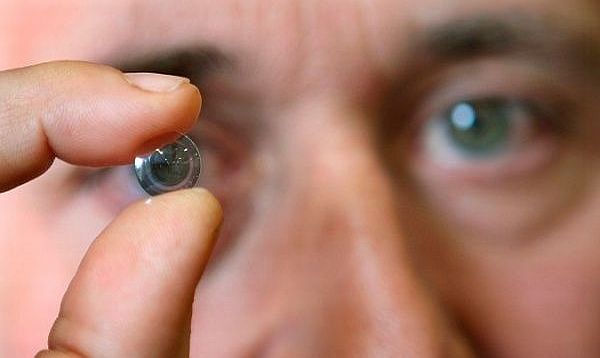According to a statement released by the National Autonomous University of Mexico (UNAM), experts have developed new biodegradable contact lenses to treat ocular inflammatory diseases. These are more effective than prescription eye drops as the lenses gradually dissolve and release the necessary medicine to cure diseases that could cause blindness if not properly treated.
This invention was created by a team of scientists from the Faculty of Higher Studies (FES) of the UNAM, Mexico's most important university. The team, led by Jose Juan Escobar Chavez - a specialist in pharmacy and pharmaceutical technology, managed to prepare the formula with the size and dimensions of a normal contact lens, which allows an easier and more effective application of the medical product, as the product dissolves itself with the eye's own fluids and temperature.
The main disease that this new medicine treats is the uveitis, which is inflammation of the uvea, or the vascular layer of the eye.
This can cause symptoms such as red eyes, and is usually accompanied by burning, itching, tearing and decreased visual acuity. It is caused by infectious agents such as bacteria, parasites, fungi and viruses, and non-infectious, such as contamination or excessive use of mobile devices.
According to Doctor Escobar Chavez the cases of uveitis have increased mainly in young adults and children, due to the lifestyle, environmental conditions and the excessive use of electronic devices. People "spend a lot of time in front of television monitors, tablets, laptops and cell phones."
Original article


